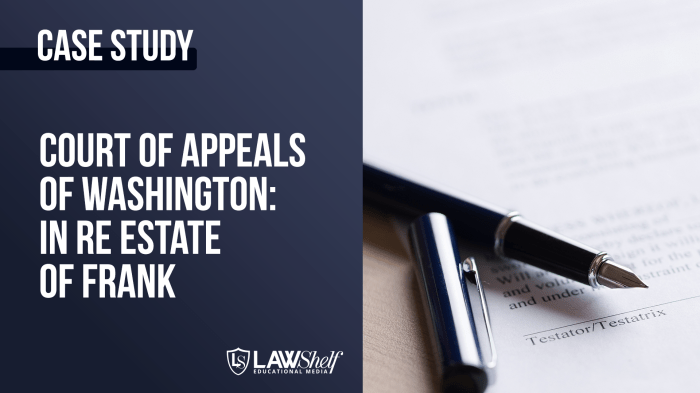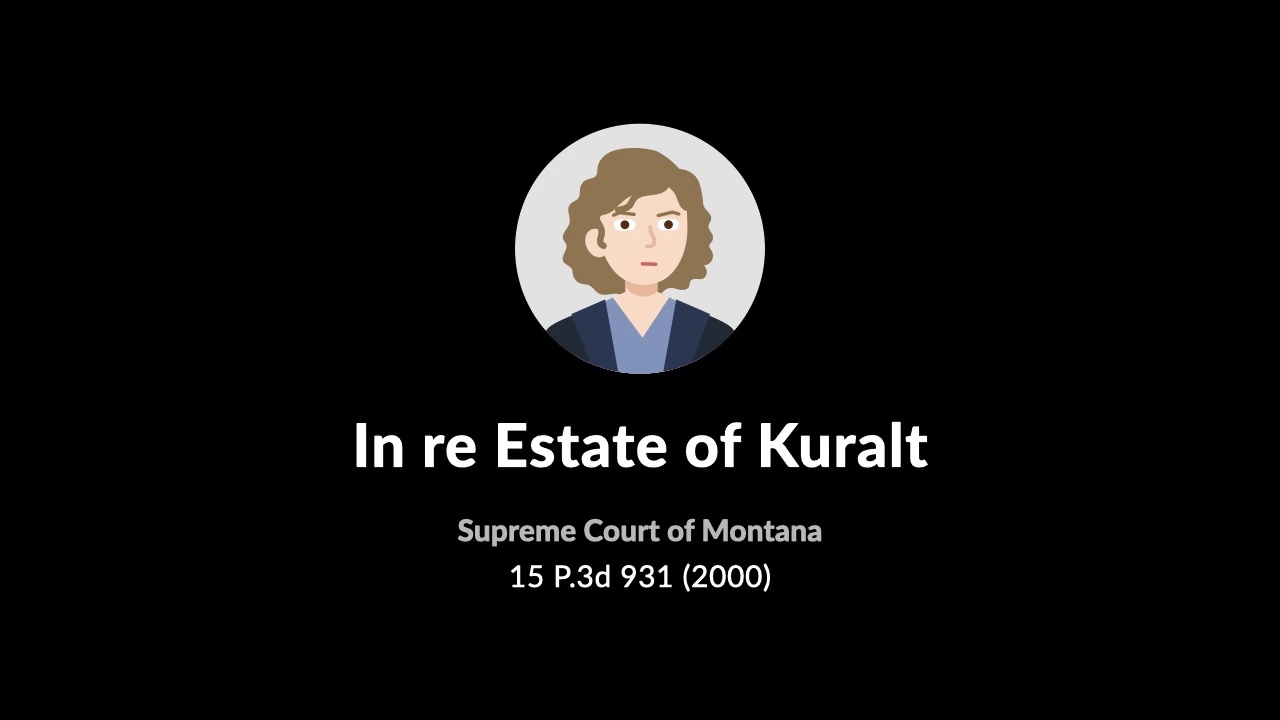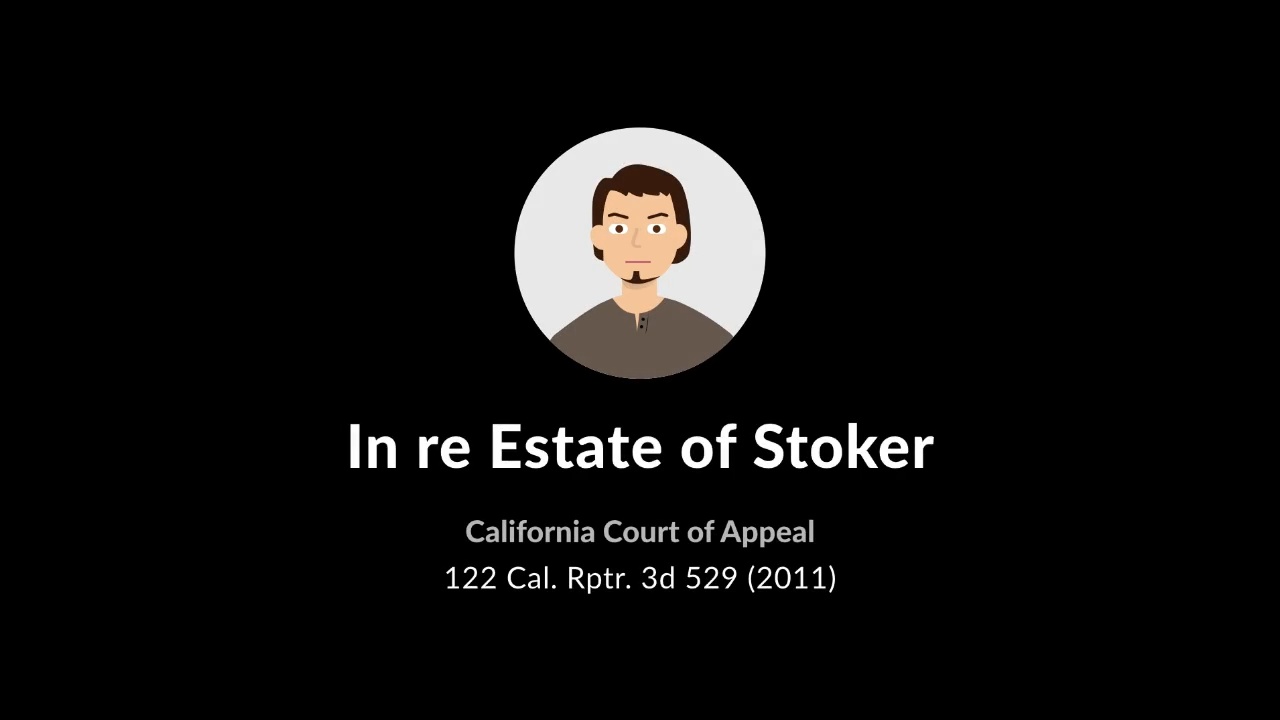Unveiling the intricate details of the In Re Estate of Kurrelmeyer, this article delves into the legal complexities, asset distribution, and ongoing proceedings surrounding this captivating case.
From the estate’s vast holdings to the beneficiaries’ claims, we explore the nuances of estate management and the legal battles that shape its legacy.
Estate Overview

The Kurrelmeyer estate is a substantial property located in the picturesque countryside of Willow Creek, spanning over 1,000 acres. Its sprawling grounds encompass verdant pastures, pristine forests, and a tranquil lake, offering breathtaking views and an abundance of recreational opportunities.
The estate’s legal status is currently in probate, awaiting distribution to the designated beneficiaries as per the late Mr. Kurrelmeyer’s will. The probate process is being handled by a reputable law firm specializing in estate administration, ensuring a smooth and efficient distribution of assets.
Assets and Holdings

The Kurrelmeyer estate encompasses a diverse portfolio of assets, ranging from real estate holdings to financial investments and personal property. These assets contribute significantly to the estate’s overall value and provide a comprehensive overview of the decedent’s financial situation.
The estate’s primary assets include:
Real Estate Holdings
- Residential Properties:The estate owns several residential properties, including a primary residence in an affluent neighborhood and multiple rental properties in various locations.
- Commercial Properties:The estate also holds commercial properties, such as an office building in the city center and a warehouse on the outskirts of town.
- Land Holdings:The estate possesses undeveloped land parcels with potential for future development or investment.
Investments, In re estate of kurrelmeyer
- Stocks and Bonds:The estate has invested in a diversified portfolio of stocks and bonds, providing exposure to various sectors and markets.
- Mutual Funds:The estate holds mutual funds that offer a range of investment options, including index funds, growth funds, and income funds.
- Private Equity and Hedge Funds:The estate has allocated a portion of its investments to private equity and hedge funds for potential higher returns.
Personal Property
- Art and Collectibles:The estate includes a collection of valuable art, antiques, and collectibles, which have been appraised for their monetary and historical significance.
- Vehicles:The estate owns a fleet of vehicles, including luxury cars, classic automobiles, and recreational vehicles.
- Jewelry and Precious Metals:The estate holds a substantial collection of jewelry, precious metals, and gemstones.
It is important to note that the estate may also have liabilities or encumbrances associated with these assets, such as mortgages, liens, or outstanding debts. These liabilities will need to be addressed during the estate administration process to determine the net value of the estate.
Beneficiaries and Heirs

The beneficiaries and heirs of the Kurrelmeyer estate are those individuals who are entitled to receive a portion of the estate’s assets according to the terms of the will or, in the absence of a will, according to the laws of intestacy.
The primary beneficiaries of the Kurrelmeyer estate are the deceased’s spouse, children, and grandchildren. The spouse is entitled to a specific portion of the estate, as determined by the will or state law. The children and grandchildren are also entitled to a portion of the estate, which may be divided equally among them or distributed according to the specific terms of the will.
Disputes and Challenges
In some cases, disputes or challenges may arise regarding the distribution of an estate. These disputes can be related to the validity of the will, the interpretation of the will’s terms, or the rights of the beneficiaries.
In the case of the Kurrelmeyer estate, there have been no significant disputes or challenges to the distribution of the estate. The will was clear and unambiguous, and the beneficiaries have agreed to the terms of the distribution.
In re Estate of Kurrelmeyer, the court considered the issue of whether a certain piece of property was an easement or a fee simple. The court found that the property was an easement, and in doing so, discussed the concept of “cual es la horma del zapato” ( what is the last of the shoe ). This concept refers to the idea that an easement is a right to use land for a specific purpose, but does not give the holder of the easement the right to own the land.
In re Estate of Kurrelmeyer, the court found that the property was an easement because the holder of the easement did not have the right to own the land, but only the right to use it for a specific purpose.
Legal Proceedings: In Re Estate Of Kurrelmeyer

The Kurrelmeyer estate has been the subject of several legal proceedings since its inception. These include probate proceedings, will contests, and lawsuits.
Probate Proceedings
Probate is the legal process of administering an estate after someone dies. In the case of the Kurrelmeyer estate, probate was initiated by the executor named in the will, who is responsible for carrying out the terms of the will and distributing the assets of the estate.
During probate, the executor must file a petition with the court, which includes a copy of the will and an inventory of the estate’s assets and liabilities. The court will then appoint an administrator to oversee the probate process and ensure that the estate is administered according to the terms of the will.
Will Contests
A will contest is a legal challenge to the validity of a will. In the case of the Kurrelmeyer estate, there have been several will contests filed by individuals who claim that the will is invalid due to undue influence, lack of capacity, or fraud.
Will contests can be complex and time-consuming, and they can delay the distribution of the estate’s assets. In the case of the Kurrelmeyer estate, the will contests have been ongoing for several years and have yet to be resolved.
Lawsuits
In addition to probate proceedings and will contests, the Kurrelmeyer estate has also been involved in several lawsuits. These lawsuits have been filed by creditors of the estate, beneficiaries who claim that they have been wrongfully excluded from the will, and other parties who have an interest in the estate.
The lawsuits related to the Kurrelmeyer estate are complex and involve a variety of legal issues. The outcomes of these lawsuits could have a significant impact on the distribution of the estate’s assets.
Ongoing and Anticipated Legal Challenges
The Kurrelmeyer estate is likely to continue to be the subject of legal challenges for the foreseeable future. The will contests and lawsuits that are currently pending could take years to resolve, and new legal challenges could arise as the estate is administered.
The ongoing and anticipated legal challenges related to the Kurrelmeyer estate could have a significant impact on the distribution of the estate’s assets and the legacy of the deceased.
Estate Management

Managing the estate of a deceased individual is a complex and often challenging process. In the case of the Kurrelmeyer estate, the executor or administrator will play a crucial role in overseeing the administration and distribution of the estate’s assets.
Responsibilities and Duties of the Estate Representative
The executor or administrator of the Kurrelmeyer estate will be responsible for a wide range of duties, including:
- Asset Management:Identifying, valuing, and safeguarding the estate’s assets, including real estate, investments, and personal property.
- Debt Settlement:Determining the estate’s debts and liabilities and ensuring that they are paid in accordance with the law.
- Distribution of Assets:Distributing the remaining assets of the estate to the beneficiaries in accordance with the terms of the will or applicable law.
Challenges and Complexities
Managing the Kurrelmeyer estate may present a number of challenges and complexities, including:
- Contested Wills:Disputes over the validity of the will or the distribution of assets can delay or complicate the administration of the estate.
- Hidden Assets:Locating and valuing hidden or undisclosed assets can be difficult, especially if the deceased individual was involved in complex financial transactions.
- Tax Implications:The estate may be subject to various taxes, including estate tax, income tax, and capital gains tax. The executor or administrator will need to ensure that all tax obligations are met.
Tax Implications

The Kurrelmeyer estate may be subject to various tax implications, including federal and state estate taxes, as well as income taxes on any undistributed income.
Federal Estate Tax
The federal estate tax is a tax on the value of a person’s property at the time of their death. The estate tax is imposed on estates with a gross value that exceeds the applicable exemption amount. The exemption amount is adjusted annually for inflation and is currently $12.92 million for individuals and $25.84 million for married couples in 2023.
If the value of the Kurrelmeyer estate exceeds the applicable exemption amount, the estate will be subject to federal estate tax. The tax rate ranges from 18% to 40%, depending on the value of the estate.
State Estate Tax
In addition to federal estate tax, the Kurrelmeyer estate may also be subject to state estate tax. State estate taxes vary from state to state, and the rates and exemptions can differ significantly. It is important to consult with a tax advisor to determine if the estate is subject to state estate tax and the amount of tax that may be due.
Income Tax
Any undistributed income of the Kurrelmeyer estate will be subject to income tax. The estate will be responsible for paying income tax on any income earned by the estate, including interest, dividends, and capital gains.
Responsibilities of the Estate Representative
The estate representative is responsible for handling all tax matters related to the estate. This includes filing tax returns, paying taxes, and dealing with any tax audits.
FAQ Corner
What is the significance of the In Re Estate of Kurrelmeyer case?
This case highlights the legal complexities and challenges involved in estate management and distribution, providing valuable insights for estate planners and beneficiaries.
Who are the key parties involved in the In Re Estate of Kurrelmeyer case?
The key parties include the executor or administrator of the estate, the beneficiaries, and any contesting parties or creditors.
What are the major assets and holdings of the Kurrelmeyer estate?
The estate’s assets may include real estate, investments, personal property, and other valuable items, as Artikeld in the provided document.